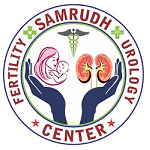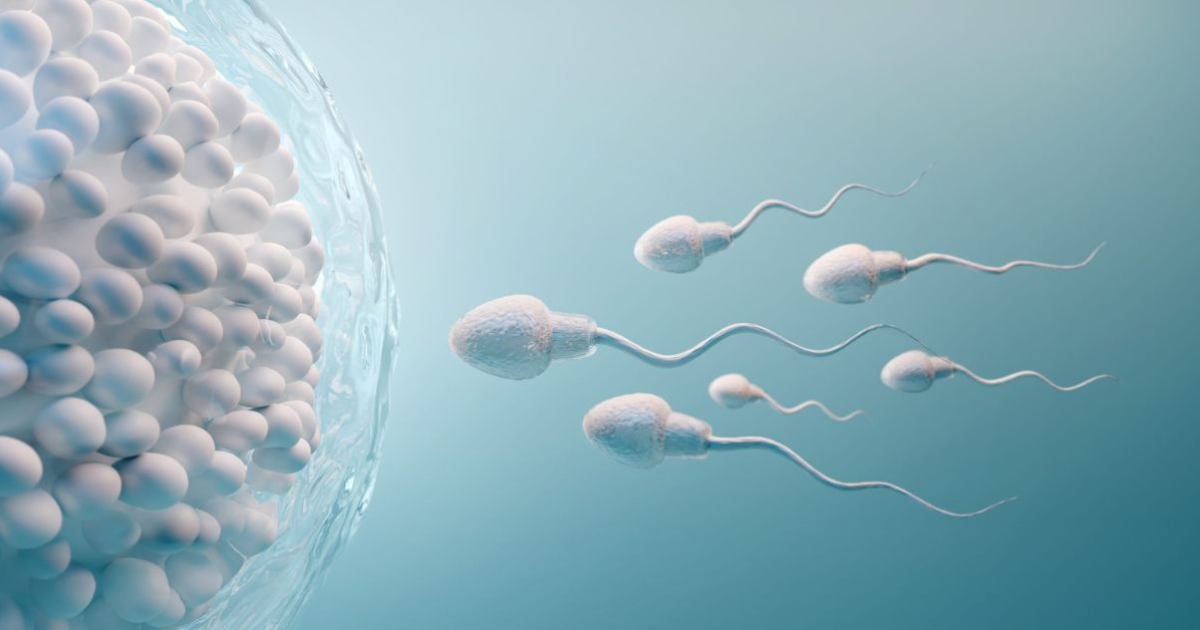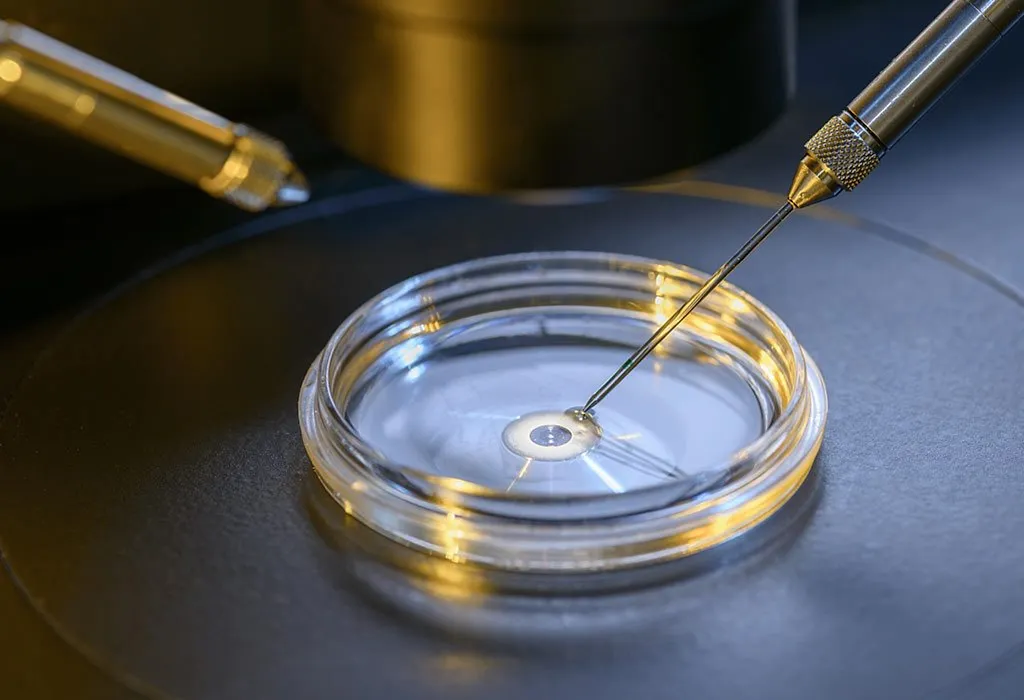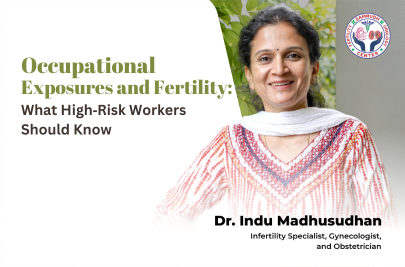Table of Contents
Introduction
What is IVF and How Does it Work?
Common Concerns About IVF Pregnancy Risks
Comparing IVF and Natural Pregnancy: What the Data Says
Medical Risks Linked to IVF Pregnancies
Factors That Influence Risk Levels in IVF
How IVF Clinics Minimize Pregnancy Complications
Emotional and Psychological Aspects of IVF Pregnancies
Should You Be Worried? Expert Advice
Conclusion
Introduction
In India, IVF (In Vitro Fertilization) has helped lakhs of couples achieve their dream of parenthood. As the number of IVF cycles grows year after year, so do the questions surrounding its safety—especially during pregnancy. A common concern is whether IVF increases the chances of complications compared to natural conception.
This blog explains the truth based on scientific data, fertility clinic experiences, and clinical research. If you or someone you know is considering IVF, understanding these details can bring clarity and confidence.
What is IVF and How Does it Work?
IVF is a process where a woman’s egg and a man’s sperm are combined outside the body, in a lab. Once fertilized, the embryo is placed back into the woman’s uterus. IVF is often used when:
The woman has blocked fallopian tubes
The male partner has a low sperm count
The couple has unexplained infertility
Previous treatments like IUI have failed
The procedure involves hormonal injections, egg retrieval, fertilization in the lab, and embryo transfer. Pregnancy is confirmed through a beta hCG blood test about 10–14 days after the transfer.
Common Concerns About IVF Pregnancy Risks
Many couples worry about the “artificial” nature of IVF and whether it affects pregnancy safety. Some frequently asked questions include:
Does IVF increase the risk of miscarriage?
Is the baby more likely to be born premature?
Are IVF babies healthy compared to naturally conceived babies?
Does the mother face higher health complications?
These concerns are valid, but need to be addressed with facts and not fear.
Comparing IVF and Natural Pregnancy: What the Data Says
Multiple studies have been done comparing pregnancy outcomes between IVF and natural conception. While IVF pregnancies are generally safe, some increased risks have been observed, especially in certain groups.
| Risk Factor | Natural Pregnancy | IVF Pregnancy (Average) |
|---|---|---|
| Miscarriage Rate | 10% – 15% | 15% – 25% |
| Preterm Birth | 9% – 12% | 15% – 20% |
| Low Birth Weight (<2.5 kg) | 7% – 10% | 12% – 18% |
| Multiple Pregnancy (Twins) | 1% – 2% | 20% – 30% (if 2 embryos) |
| High BP / Pre-eclampsia | 5% – 7% | 10% – 15% |
These numbers don’t mean IVF is unsafe—it means there are slightly higher chances of complications that can often be managed with good care.
Medical Risks Linked to IVF Pregnancies
Higher Risk of Multiple Pregnancies
When more than one embryo is transferred, it increases the chance of having twins or triplets. This is one of the biggest factors contributing to complications in IVF pregnancies, including:
Preterm delivery
Low birth weight
Neonatal ICU admissions
Modern IVF clinics now often transfer a single high-quality embryo (Single Embryo Transfer or SET) to reduce this risk.
Risk of Ovarian Hyperstimulation Syndrome (OHSS)
OHSS can occur in the early stages of pregnancy when the ovaries react strongly to fertility medications. In moderate cases, women may experience bloating and abdominal discomfort. In rare, severe cases, it may require hospitalization.
Miscarriage and Preterm Birth
IVF pregnancies, especially in women over 35 or with pre-existing conditions, show a slightly higher risk of miscarriage and premature delivery. But with proper monitoring, most pregnancies proceed safely.
Factors That Influence Risk Levels in IVF
The safety of IVF largely depends on individual health, age, and the clinic’s protocol. Key influencing factors include:
Maternal Age
Women above 35 face naturally higher pregnancy risks, whether through IVF or natural conception. IVF doesn’t create the risk—it just enables conception at an older age.
Pre-Existing Health Conditions
Conditions like diabetes, thyroid issues, high blood pressure, or obesity increase risk. IVF patients often have these underlying issues, which need to be managed well during pregnancy.
Number of Embryos Transferred
Transferring two or more embryos increases the chance of multiples, which raises the risk of complications. Single Embryo Transfer is now preferred, especially when using high-quality embryos or donor eggs.
Fresh vs Frozen Embryo Transfers
Studies show that frozen embryo transfers (FET) may be associated with lower risks of OHSS and improved outcomes in some women, especially those with high estrogen levels or PCOS.
How IVF Clinics Minimize Pregnancy Complications
Top fertility centers now follow protocols to reduce risks and increase pregnancy safety:
Detailed pre-treatment evaluation to identify risk factors
Custom stimulation protocols to avoid OHSS
Encouraging SET (Single Embryo Transfer) wherever possible
Nutritional and lifestyle guidance before and during treatment
Regular pregnancy monitoring post-IVF for early detection of issues
Patients are also referred to high-risk pregnancy specialists (maternal-fetal medicine experts) if needed.
Emotional and Psychological Aspects of IVF Pregnancies
Apart from physical health, IVF pregnancies are emotionally intense. Many couples experience:
Fear of miscarriage
Anxiety during scans or waiting periods
Stress from previous failed cycles
Support groups, counseling, and open communication with doctors help reduce this emotional burden. Fertility centers that offer psychological counseling as part of treatment often see better emotional outcomes and reduced stress-related issues.
Should You Be Worried? Expert Advice
IVF is not risk-free but no pregnancy is. What matters is awareness, preparation, and quality care. Most IVF pregnancies result in healthy babies. The slightly higher risks are often due to pre-existing medical conditions or multiple pregnancies, which can be managed through:
Choosing a qualified IVF clinic with high success rates and ethical practices
Following your doctor’s advice closely during and after IVF
Attending regular prenatal checkups with your gynecologist
It’s also important to remember that IVF has helped millions of healthy babies be born across India and the world. Many IVF mothers go on to have completely normal pregnancies and deliveries.
Conclusion
IVF does come with a slightly increased risk of complications during pregnancy, but most of these risks are manageable with early intervention and good medical care. Instead of fear, couples should focus on selecting the right fertility center, following clinical guidance, and maintaining a healthy lifestyle.
With modern techniques like frozen embryo transfers and single embryo transfer, IVF is safer than ever before. Whether you are a first-time parent or someone who has struggled with infertility, IVF can be a safe and successful path to parenthood when approached with the right knowledge and support.









